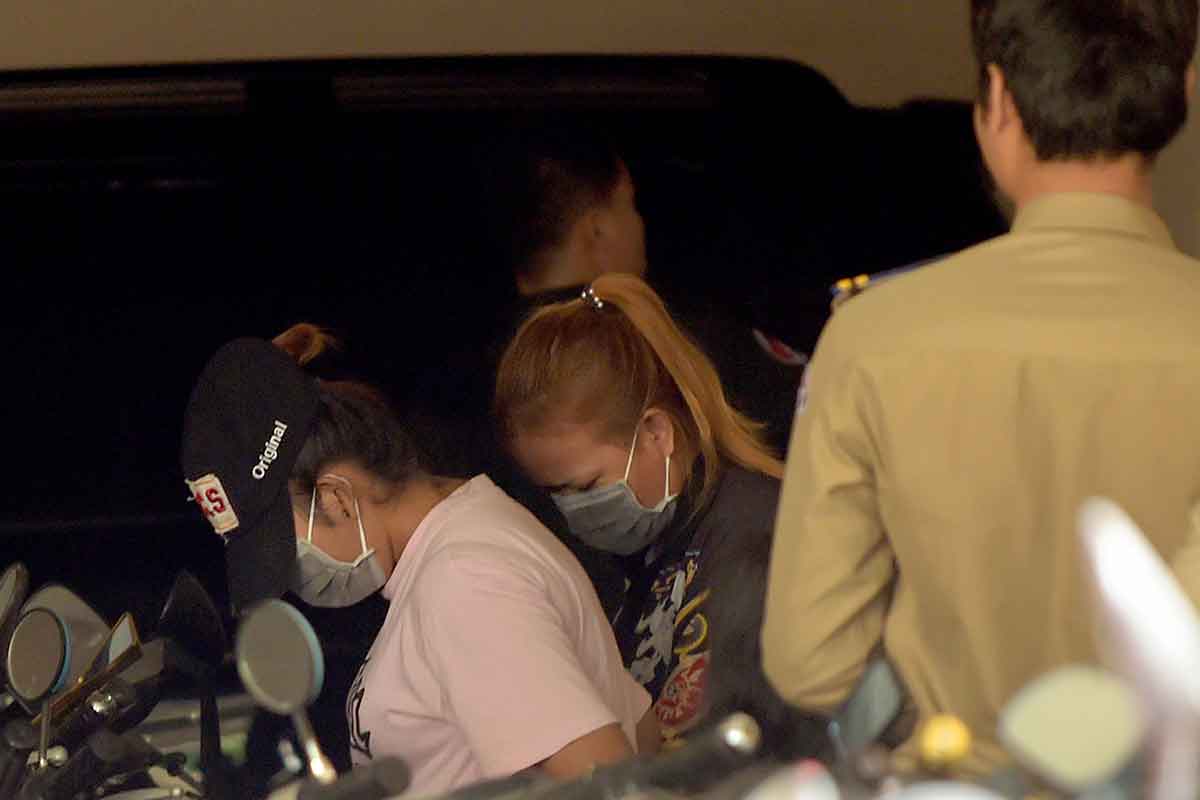Pregnant and scared, Yin hides in a house on the outskirts of Phnom Penh - one of an untold number of Cambodian surrogate mothers risking jail time for lucrative pay-outs from Chinese clients.
The end of China's one-child policy has driven desperate couples too old to bring a baby to term to poorer countries in the Mekong region, where a "womb-for-rent" industry is brushing up against legal barriers.
Cambodia banned commercial surrogacy in 2016 but still has brokers - and eligible young women - skirting the ban for a price.
Yin, 24, was offered US$9,000 by a Cambodian intermediary to carry a Chinese couple's baby, a fortune for her rice-farming family in rural Kampong Thom province, three hours from the capital.
"I hesitated at first because I was afraid of how the girls in my village would look at me," Yin, who did not want to give her real name for fear of being discovered said.
With money scarce, she agreed and was moved to a house in Phnom Penh to live with other women who underwent the same process.
China - with more than 90 million women eligible for a second offspring after the one-child policy was eased - forbids commercial surrogacy, driving couples yearning for a biological child to Southeast Asian countries where the practice is poorly regulated.
But a string of high-profile controversies in Thailand, including custody tussles and a case of a couple accused of abandoning their baby after it was born with Down Syndrome, prompted the country's junta to ban it in 2015.
Parents immediately looked across the border to Cambodia, but the government swiftly banned it a year later, worried that women in financial straits could face exploitation.
Complete strangers
Industry watchers eagerly wait for legislation in Cambodia that could eventually regulate surrogacy and protect the women and children from becoming victims of trafficking.
Meanwhile, a network of Cambodian and international intermediaries persists in the shadows, with raids and arrests revealing the scale of the demand.
Experts say couples are willing to pay between US$40,000 and US$100,000 to have a child, while the surrogate mother typically gets US$10,000 to US$15,000.
Mariam Kukunashvili had a surrogacy agency in Cambodia before the ban, and said there are more than 100 Chinese or other Asian agencies still operating.
She said more regulation, not outright bans, is needed.
"Banning allows (the) industry to run under the table," Kukunashvili, director of Georgia-based New Life Global Network explained.
She added that the Cambodian and Thai governments were putting the young surrogates' fate in the hands of "complete strangers".
Critics also say that authorities unfairly place blame on the women instead of recruiters when they are caught.
This year, more than 40 surrogate mothers in two different cases were arrested in Phnom Penh and charged with human trafficking.
In one case, 32 pregnant women were allowed bail once they promised under threat of imprisonment "not to give up" the babies.
"These women are victims of unethical agents and if illiterate, are unlikely to even understand the ban in place in Cambodia," said Sam Everingham, director of Australian non-profit Families Through Surrogacy.
Face the law
For women able to carry babies without detection, they are moved to either Thailand or China to give birth, Everingham said, adding that hospital staff in China can be bribed to issue a birth certificate in the name of the intended mother.
Authorities are working to raise awareness about the ban and its repercussions, especially among vulnerable garment workers in factories throughout Cambodia, said Chou Bun Eng, vice president of the national anti-human trafficking committee.
"We are worried the movement (to recruit them) from factories could be spread if there is no prevention," she said, explaining that women who were caught as surrogate mothers in the past had been factory workers.
Still she advocates a hard stance against those who run afoul of the law, including the women, who are often impoverished and trying to earn money for their families.
"It is an illegal business and if they still risk doing it, they will face the law."
Four months pregnant, Yin is growing increasingly nervous about her role in the clandestine operation.
Well into her second trimester, she has a new worry - travelling to a foreign country.
"Another agent explained to me that I should continue my pregnancy in China," she said. "He said it is better for my safety and my baby's." - AFP
